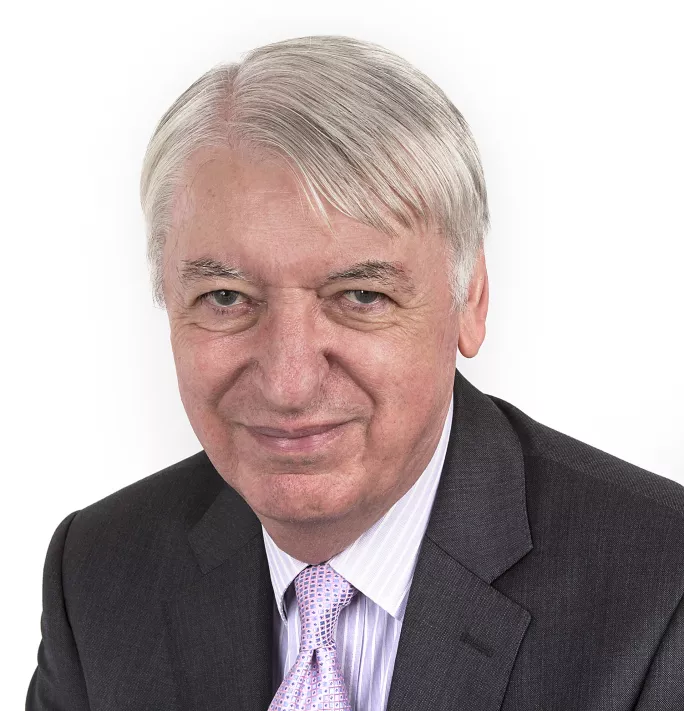‘AC Grayling is wrong. Religious education and philosophy are complementary, not alternatives’
Robert Jackson, professor of religions and education at the University of Warwick, writes in response to AC Grayling:
The development of more philosophical knowledge and skills among school students is an excellent objective. AC Grayling is right to encourage a greater use of philosophy in the curriculum. However, he is quite wrong to do this by - so it seems according to a recent TES article - attacking reforms in religious education examinations. The study of religions is a multidisciplinary field which requires philosophical skill as well as knowledge and understanding of religious claims and practices in their diversity.
The quotation expressing Professor Grayling’s understanding of religious education shows his ignorance of the field: “In RE you’re told what the doctrines are, but in philosophy everything discussed is a matter for intellectual search and discussion.”
If religious education were like this, I would not have spent the past 40-odd years being involved in it. Any religious education worthy of the name integrates philosophical practice, just as it draws upon skills and knowledge from other areas such as history, literature and media studies.
A few days after the Charlie Hebdo affair, I had an email from a teacher of secondary religious education. He reported how his work with young people on the multiple meanings of the concept of jihad had prepared them to discuss the acts of violence in Paris with a high level of maturity and competence. These young people had not simply learned “doctrines”, but had analysed religious language as used in a variety of living contexts, and their work demanded and included philosophical skills. They had also explored the values dimension of the topic, considering rights in relation to responsibilities and sensitivities to others. Does the right to freedom of expression remove all responsibility to show some sensitivity towards those who hold their religious beliefs deeply? The students were able to formulate and express their own views on this. All this is part of the subject of religious education.
As a democracy, we probably need more than ever before a populace that is religiously literate, able to interpret others’ religious language and practice, and to criticise and respond to generalisations about and stereotypes of religious positions, so very common in media reports. Research across eight European countries (the European Commission-funded REDCo project) shows 14- to 16-year-olds in countries as diverse as Estonia, Spain, Russia, Norway, France, the Netherlands, England and Germany wanting opportunities to learn about religious diversity, and to engage in debate in the safe space of the classroom. Moreover, the Council of Europe urges its 47 member states (including the UK) to take the study of religions and other world views very seriously. Religious education in this country has made good progress, but we won’t get much further by pitching one subject against another.
The reforms to GCSE in religious education should not be seen as an attack on philosophy, but as an opportunity to employ philosophical and other skills in understanding what religious people mean when they use religious language. Knowledge and understanding of what people actually believe when they make their claims, or take part in worship, or make moral decisions, requires philosophical skill - but it requires more, too.
So let us all work for more philosophy in schools, within and outside examination contexts. However, we should not make the naive error of doing this at the expense of other areas of the curriculum. In a climate that heavily favours subjects instrumental in boosting the economy, the last thing we should do is set subjects that are already under-resourced in opposition to each other. The study of every dimension of human experience is important in producing educated young people. And the dimension that includes knowledge, understanding and discussion of religions is as vitally important as any other.
Robert Jackson is professor of religions and education at the University of Warwick, and professor and special adviser at the European Wergeland Centre, Oslo, sponsored by the Council of Europe and the Norwegian Government to promote human rights, intercultural and citizenship education Europe-wide. His latest book, Signposts: policy and practice for teaching about religions and non-religious worldviews in intercultural education (Strasbourg: Council of Europe Publishing, October 2014), is written for the Council of Europe, providing ideas for policymakers, schools and teacher educators across Europe to discuss the implementation of a recent Council of Europe recommendation. Contact details: R.Jackson@warwick.ac.uk
Keep reading for just £1 per month
You've reached your limit of free articles this month. Subscribe for £1 per month for three months and get:
- Unlimited access to all Tes magazine content
- Exclusive subscriber-only stories
- Award-winning email newsletters




